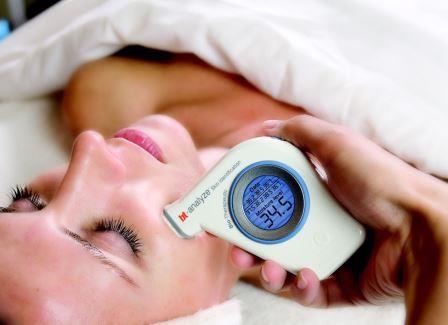Nearly half of respondents think the equipment industry in Australia is not sufficiently regulated. The majority of respondents (83 per cent) would like to see more regulations when it comes to importing and using certain equipment such as IPL and lasers.

Hazel Maurer, Director of Aspire Anti-Ageing, gives her view of how industry regulation works in Australia:
“The two main areas of regulation to be addressed are the importation and distribution of equipment and the qualifications required to use it. Firstly, equipment is imported into Australia from all over the world by both distributors and individual salons and clinics without initial determination of its intended use or claims and whether those can be substantiated.
“The TGA does not appear to have the resources to act as a “watchdog” and many of the issues related to the promotion of devices slip under the radar. Generally, it is up to the industry and consumers to lay a complaint but there is no immediacy due to the lengthy process involved. By the time there is a resolution of a claim the business breaching has quite often established their product or service well enough to then pull back on marketing and promotion.
“There are now many poor-quality devices in the marketplace being operated by people not qualified to do so. Many arguments have been touted as to whether or not only “medical” people should administer treatments that use ablative lasers or IPL. There is a level of self-interest in the arguments but at the same time protocols, training and certification must be commensurate with the risks. In my opinion, distributors should initially be held accountable for training and adherence to protocols but, since staff come and go in salons and clinics, it is difficult for the distributor to enforce that new staff be qualified.
“Consumer awareness in terms of only going to those who have the necessary qualifications plays an important part in the regulation of many industries but there will always be those who want a bargain. If the import of devices is regulated up-front requiring compliance standards to include substantiation of claims, training and ongoing support, the quality of product and treatments will automatically improve as equipment is not supplied purely on price. The good operators should not be penalised for the bad.”
Interestingly, 64 per cent of those surveyed think daily and group deals are having a negative impact on the beauty industry. With the industry saturated by such discounts, the customer’s priority becomes price rather than safety, quality and results.
When asked where they see equipment technology heading and what challenges the industry may face in the coming decade, many respondents think the at-home market will grow significantly which could result in fewer in-salon treatments. Here is some of the feedback:
“I see equipment technology continuing to develop better and new skin care and wellness applications that can be offered in salon by professional service providers. I don’t think the industry will face any negative downturn or similar as the consumer is now becoming increasingly more intelligently informed and will seek professional support and advice.”
“I think we will see an increase in lower grade equipment from copy. Manufacturers hence lower grade equipment.”
“There are too many machines flooding the market which do not live up to expectations.”
“I think everyone will be using their own at-home devices, eg., dermal rolling, microdermabrasion and IPL so there will be fewer reasons to visit a clinic/salon.”
“Intensive training courses for therapists are only going to get more advanced as the technology improves.”
“I see equipment getting cheaper, but if regulations don’t improve then the quality will get worse.”
“The public are better educated and more demanding of services today so I think the trend towards more results-driven, effective equipment with a proven history will increase and we will see more medispas.”

